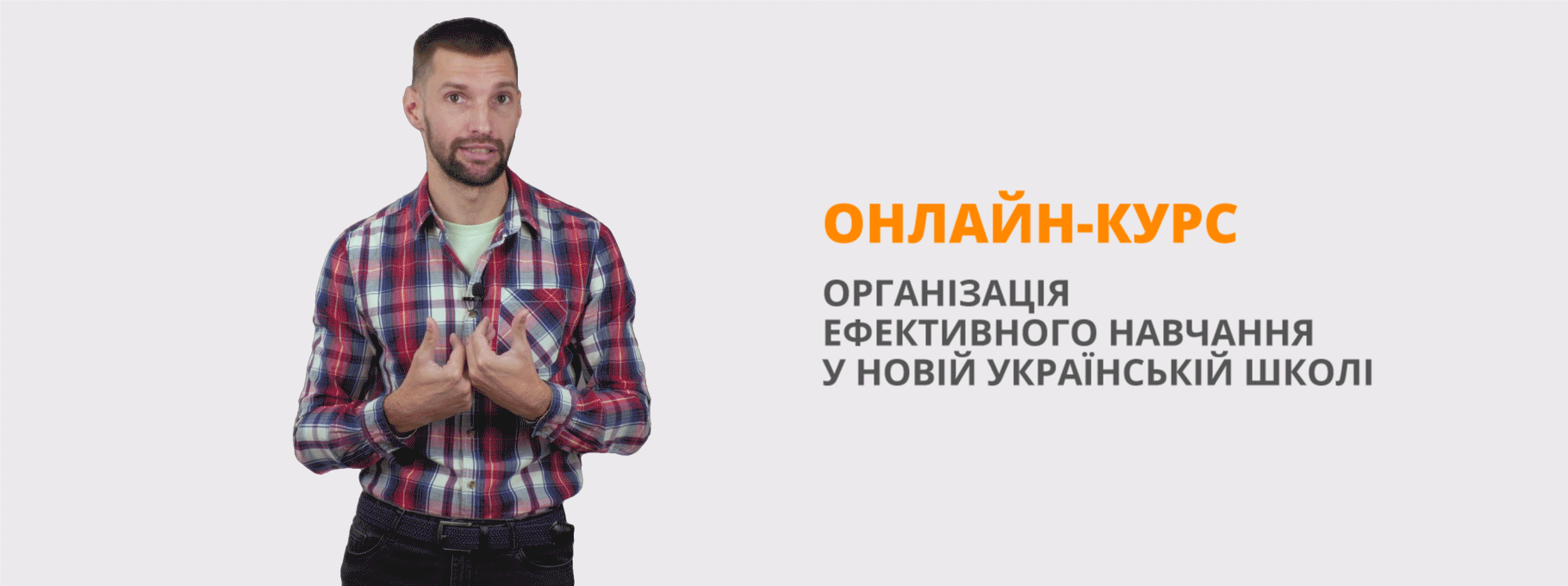Tenses in English
This test will help you find out how well you understand difference between English tenses. Wish you good luck!
This tense is used to describe habits, unchanging situations, general truths, and fixed arrangements. For example: "He goes to school every morning".
This tense refers to an unfinished action or event that will be in progress at a time later than now. For example: "I will arrive at five o'clock".
This tense refers to a time earlier than before now. It is used to make it clear that one event happened before another in the past. It does not matter which event is mentioned first - the tense makes it clear which one happened first. For example: "I had written the email before he apologized".
This is the tense that can be used to describe when an action happened, or may happen. You can use it to describe both events that are happening in the present – right now, while you are talking about something, or in the future – something that may or will happen later on. For example: "He is reading various kinds of books".
This is an action that was completed in the very recent past, expressed by 'just'. For example: "He has finished his homework".
This tense is used to talk about a completed action in a time before now. For example: "I saw a movie yesterday".
This is the tense that's used to talk about things that haven't happened yet. For example: "It will rain tomorrow".
This tense is used to talk about something that finishes just before another time or action. It's often used because there will be a result at the second point in the future. For example: "I will have been waiting here for three hours by six o'clock".
This tense is used to describe actions that began in the past and often continued for a short period of time after the action started. This tense describes actions or events that happened at a specific time in the past. For example: "I was not sleeping when you got home late last night".
This tense shows that an action that started in the past continued up until another time in the past. For example: "He had been drinking milk out the carton when Mom walked into the kitchen".
This tense shows that something started in the past and is continuing at the present time. For example: "He has been reading the book for two hours".
This tense refers to a completed action in the future. When we use this tense we are projecting ourselves forward into the future and looking back at an action that will be completed some time later than now. For example: "I will have finished this book".

Створюйте онлайн-тести
для контролю знань і залучення учнів
до активної роботи у класі та вдома


















